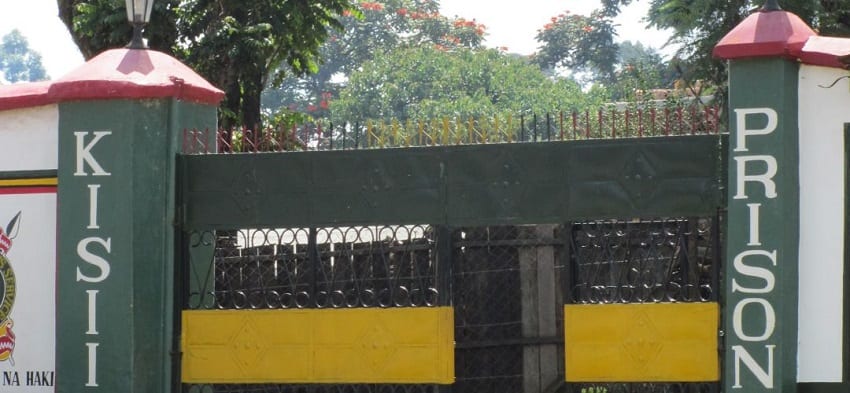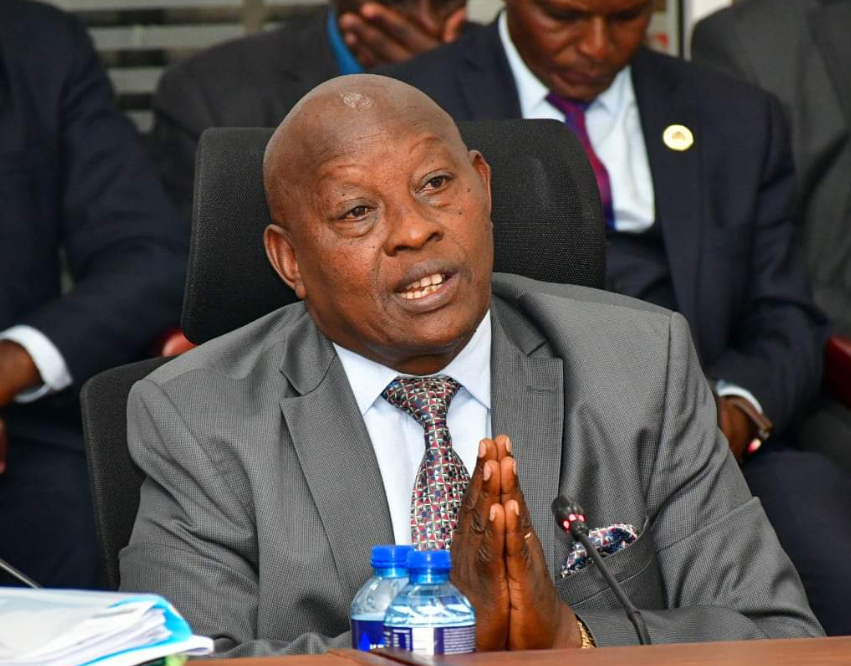Agency on the spot as audit lays bare prisons’ poor status

Auditor-General Nancy Gathungu has fingered the State Department for Correctional Services over the deplorable living conditions in prisons countrywide.
Gathungu says most prisons are staring at a crisis as they face a number of challenges that include dilapidated buildings, poor sanitation, stalled projects, weak perimeter walls while others have failed to produce offenders in courts on time.
In the latest report for the Financial Year ending June 2022, Gathungu also raised concerns over various financial irregularities running into billions of shillings including poor maintenance of motor vehicles, plant, machinery and equipment, understated pending bills, unsupported cash and cash equivalent amounting to Sh187.1 million as well as the encroachment of land belonging to five correctional facilities out of which four measures 2,483.4601 acres while one had unknown value.
The said pieces of land are currently being occupied by illegal settlers such as people, churches and other Government institutions who continue to use such land for residential and commercial purposes.
“In the circumstances, the completeness, ownership and security of the assets of Sh3, 114,336,538 could not be confirmed,” Gathungu noted.
The Auditor raised concerns over the status of buildings in Nairobi Medium Security and Nairobi Remand Prison.
Conducted in September, 2022, the auddit revealed that Nairobi Medium Security Prison has only three offices, inadequate to accommodate all staff as they are utilised by the Officer in Charge, general office and accounts office.
It astated that floors to prisoners’ wards are dilapidated and are rough with potholes, dirty marks on the walls with some sections with leaking roofs.
The Auditor General revealed that the prison does not have adequate budget for repairs and maintenance of building, purchase of generators and installation of CCTV cameras for monitoring activities within the facilities.
Review records
“In the circumstances, lack of adequate budget provision may lead to further deterioration of prison assets and inefficient service delivery,” she said.
Review records provided for audit and a physical verification of Migori Main Prison conducted in October 2022, revealed that the facility is holding approximately 700 inmates and 230 members of staff yet the main source of water is a seasonal unprotected well and roof catchment with storage reservoirs.
Reports by Public Health and National Environmental Management Authority inspectors have shown that the available source of water for drinking and general use was non-compliant with national standards for safety, Gathungu noted, adding that the prison does not have in place appropriate safeguards for waste water management.
“In the circumstances, the inmates, staff and community may be exposed to contagious and other water borne diseases,” she added.
Auditor noted that physical inspection at various sampled correctional facilities revealed abandoned projects at different levels of completion in nine correctional facilities with contracts sum of Sh1116.7 million out of which Sh21.9 million has already been paid.
“In the circumstances, and with lack of adequate budgetary allocation, it was not possible to confirm that these projects will be completed in time to deliver the intended service,” she added.
With regards to the construction of a perimeter Wall at Busia G.K. Prison, Gathungu noted that during the year under review, the State Department entered into a contract for the construction of a perimeter wall at a contract sum of Sh20.5 million but the local contractor handed over the project without completing various areas as agreed in the contract.
Among the queries raised with regard to the contract include having counterfort walls that had not been done to provide lateral support, inaccuracies in the original bill of quantities where ground beams and ring beams were not captured as well as lack of approved variations to the contract
She revealed that during the year under review, Homa Bay Prison management failed, on several occasions, to produce offenders to various courts within the county as and when required to do so due to the existing official transport challenges as the prison had only one vehicle only to serve seven courts.
“In the circumstances, failure to produce offenders in court frustrates the fair administration of justice and denies the offenders their constitutional rights to defend themselves in court,” she said.








